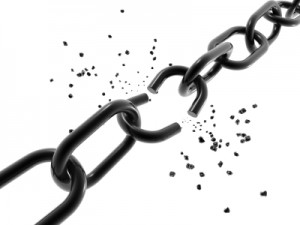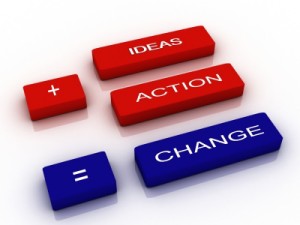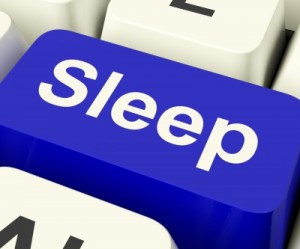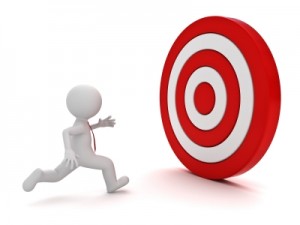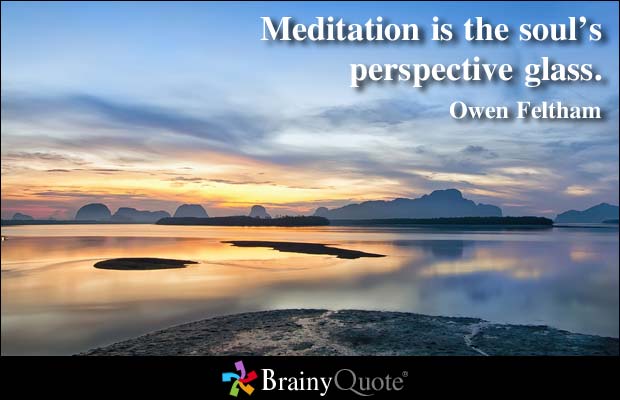Podcast: Play in new window | Download
– Art Therapy, what is it?
– Finding healthy ways to express the darkness
– Some ideas…
– Words
– Photography
– Is it a good fit?
Art Therapy, what is it?
Just at the mention of the word therapy some people want to change the subject. In the past when I have thought of art therapy I pictured people sitting around finger painting or creating an oddly shaped clay pot. Apparently there are much more imaginative possibilities. Please stick with me. What I am discussing hear can be formal or informal.
People have been expressing themselves and working through problems using art for a long time. Recently there have been effort to formalize a therapeutic method to help people with PTSD. It is usually combined with other traditional therapeutic methods. I think these are worthy efforts.
In a general sense, it is tapping into the creative parts of our brain to express ideas and concepts in a context that can help lead to growth and healing. This is not a textbook definition, but it works for me.
Art can also be therapeutic in this consumption. Reading a story, looking at an image, listening to a song can all be part of our own healing process.
Finding Healthy Ways to Express the Darkness
Whatever is on the inside seems to find its way out—even if we think we are hiding it. Part, but certainly not all, of PTSD is attempting to integrate these “dark” experiences into the reality of our lives. We can try and hid from these things. This hiding can be a temporary coping mechanism we use to get through a crisis. But at some point we need to deal with and integrate these memories.
Some ideas:
– Music
– Painting/Drawing
– Photography
– Poetry
– Journaling
– Writing Stories
– Autobiography
– Video
Finding expression for what is going on inside. In art, of any form, we can capture and express ideas of both beauty and tragedy.
Words
Some can find release in word. Poetry, stories, journaling, and song writing can be good options to explore. Fictional stories can be a way of expressing deeper realities.
Photography
Many of us are deeply moved by what we see. A photograph can instantly move us emotionally. There is a difference between a selfie or a quick snapshot and a photograph that has the power touch us deep in our soul.
My Chrome Cast TV device displays some of the best photography from around the world that I have ever seen. The 1080p HD television comes alive with seen from around the world. A few sunsets are included in the rotation. For a moment my TV is transformed in to a tool of tranquility.
The same is true with other emotions. Have you ever seen a photographic essay of a tragic historic event? The phrase, “a picture is worth a thousand word” holds truth. The empty loneliness in the eyes of an orphaned child; or the terror in the eyes of a mother holder her dead child can move us to tears—maybe even action.
Not only can looking at images have a power affect. For some, capturing images can also be a sources of healing.
Is art a good fit for your recovery?
I do not consider myself to be “artistic”. Yet I have at times greatly benefited from the creative efforts of other people. I have also benefited from expressing myself artistically. Perhaps I have not made full us of these areas of my brain to aid in my own post-traumatic growth process.
How about you? Perhaps consider giving some kind of artistic express a chance.
How has art, in any form, positively impacted any part of your recovery?
Resources:
- http://www.artandhealing.org/initiative/ptsd/
- http://www.internationalarttherapy.org/militarytrauma.html
- http://www.psychologytoday.com/blog/arts-and-health/200807/words-war-words-peace
- http://files.eric.ed.gov/fulltext/EJ777008.pdf
- http://www.tandfonline.com/doi/abs/10.1080/07421656.2001.10129750#.VHEqU4vF-zk
Photo courtesy amenic181 on FreeDigitalPhoto.net

